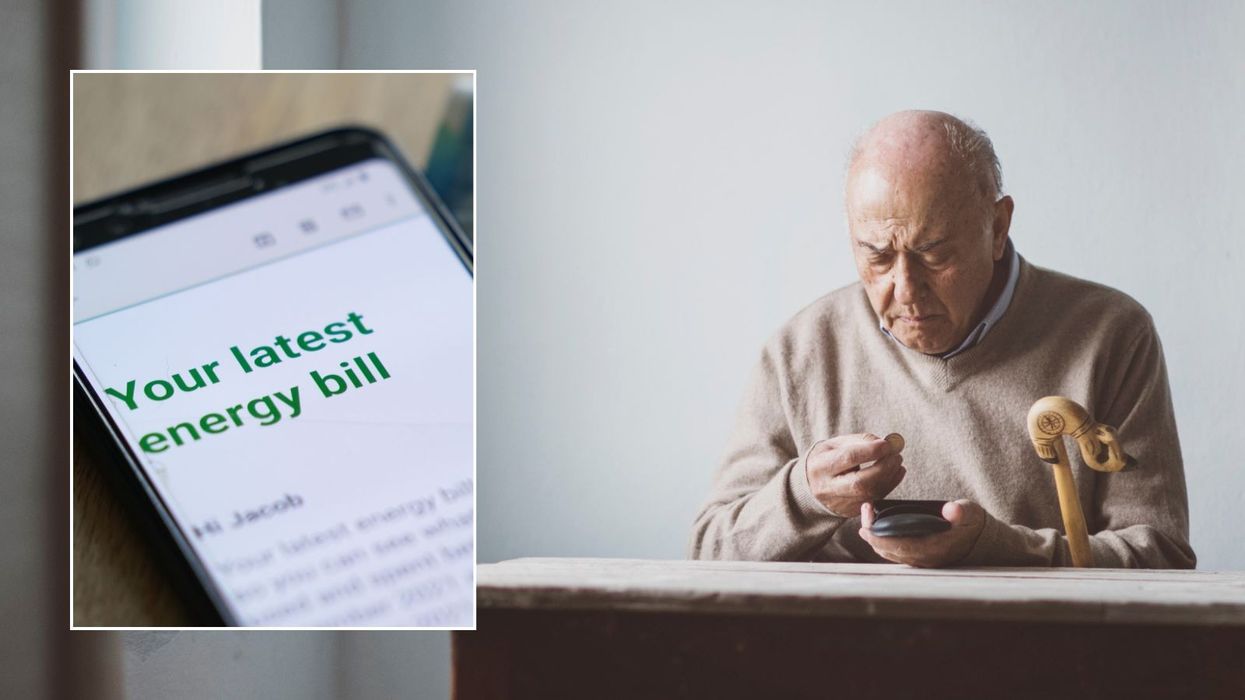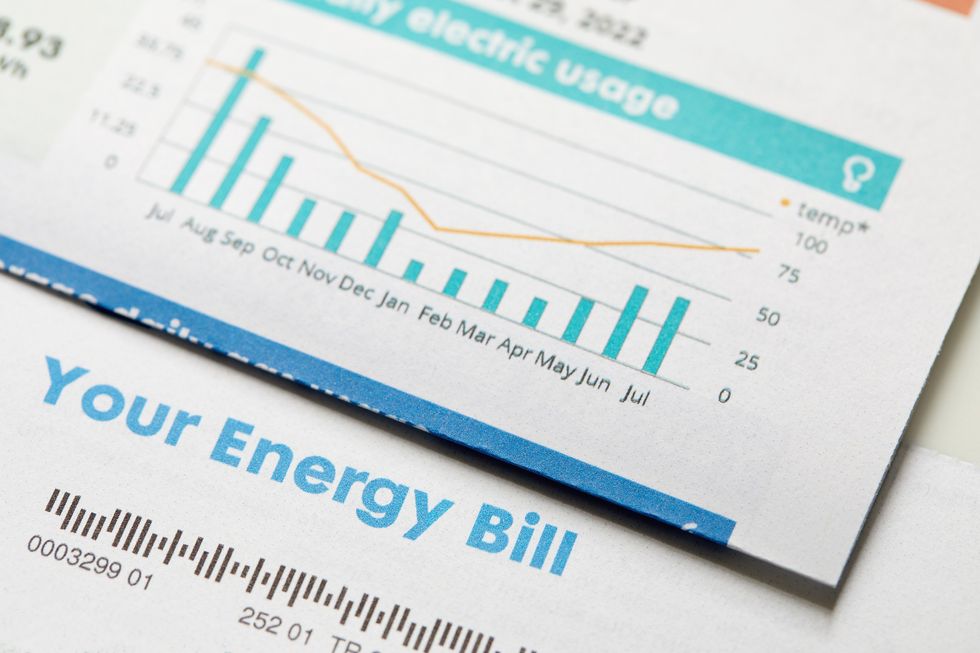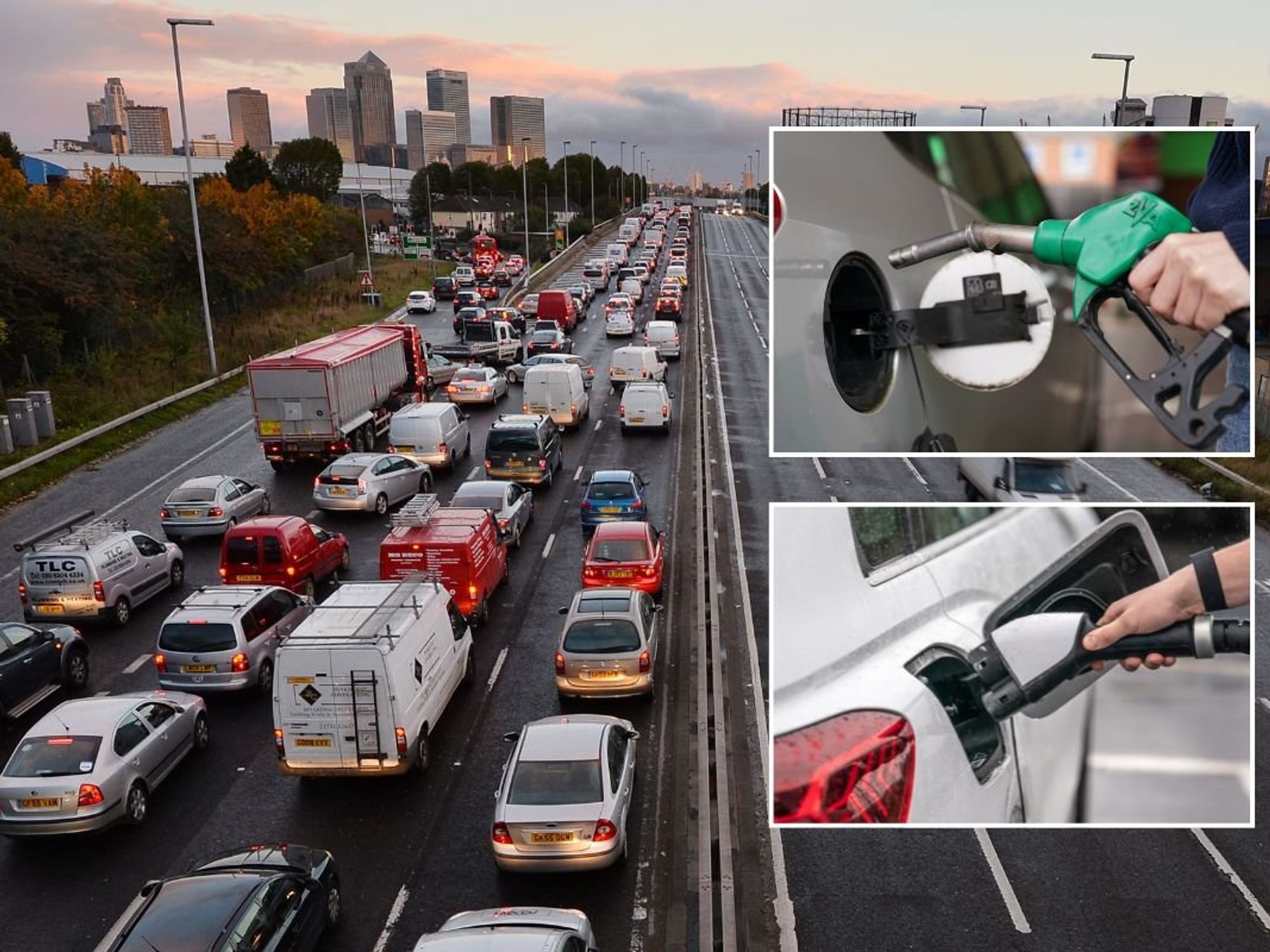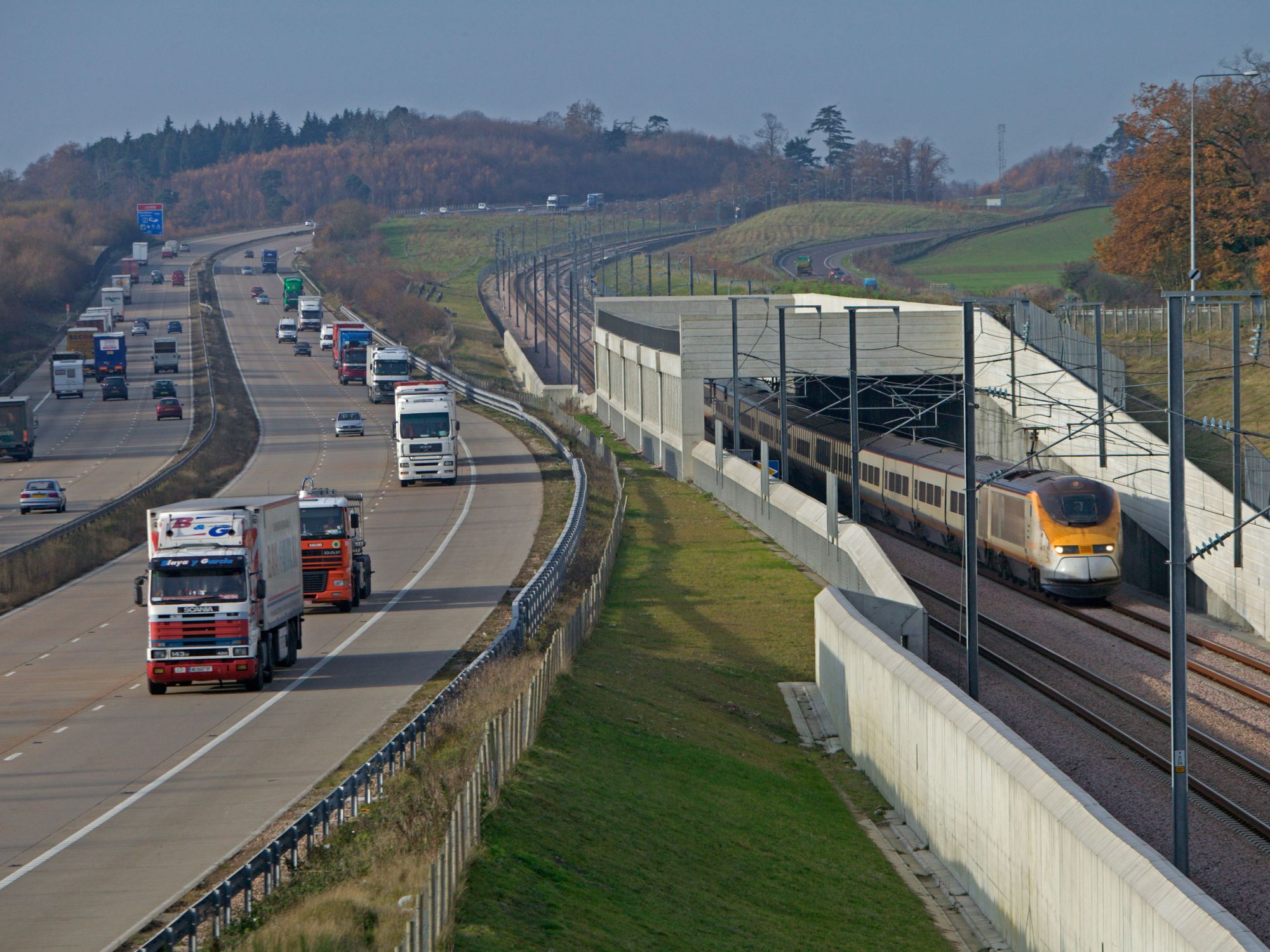'I'm a pensioner but have my heating on for only an hour due to energy debt - it's disgusting!'

Pensioners are being hurt by the ongoing financial issue of energy debt
|GETTY/PA

Energy debt is an ongoing issue that is crippling the finances of households across the country
Don't Miss
Most Read
Pensioners are slamming the "disgusting" actions of energy suppliers amid the ongoing cost of living crisis as millions of households find themselves being pulled into debt.
Campaigners from Warm This Winter are highlighting the consequences of soaring energy bills with those of pension age forced to only turn on the heating for one hour per week.
Data from the Warm This Winter campaign found that 67 per cent of Britons in energy debt have suffered from emotional distress.
Furthermore, just over two-fifths of people polled admitted it has caused them to eat fewer hot meals in order to cut down on energy use.
These figures come after the House of Commons Energy Security and Net Zero Committee discovered one in five families in energy debt are being pushed into turning to illegal lenders to pay for their energy bills and other everyday essentials.
Out of younger households, around a quarter of under 35s and a third of consumers aged 35-44 are turning to illegal money lending.
Do you have a money story you’d like to share? Get in touch by emailing money@gbnews.uk.

The cost of living crisis has pushed energy bills to new heights in recent years
| GETTYNotably, energy suppliers will recommend those suffering in debt transition to a prepayment meter (PPM) which allows consumers to pay off their repayments every time they top up their meter.
Despite this, research suggests that these types of meters could make a household's financial situation even worse compared to if they are paying via direct debit.
According to Warm This Winter, the levels of emotional distress among PPM customers in debt are significantly higher at 93 per cent as opposed to those on direct debit at 58 per cent.
Some 60 per cent of those on prepayment meters have reduced hot meals, whereas 38 per cent of direct debit customers have skipped dinners.
In response to this crisis, Britons are speaking out and sharing how they have been impacted by the soaring costs resulting from energy debt.
One pensioner told the Warm This Winter campaign: "I sit in the house with the lights out and only have my heating on for an hour. What else can I do?
"My account should not be in debt for the amount I use. It’s disgusting and they are making millions in profits."
A prepayment customer added: "My energy debt was the reason [I moved] from credited monthly bills towards prepayment meter."
"It [has caused the] cutting off electricity so many times. It causes disruption and, in my opinion, is barely legal. I think that law should protect people who suffer from financial hardship in the context of electricity bills."
While energy bills have fallen in recent months in line with the price cap, analysts are pricing in further hikes to household costs later in the year.
LATEST DEVELOPMENTS:

Pensioners are among the millions being forced to contend with energy debt
| GETTYCampaigners are urging policymakers to introduce a UK-wide, universal debt matching programme funded by the £1.3billion consumers are paying through bills for energy debt costs in 2024.
Simon Francis, coordinator of the End Fuel Poverty Coalition, said: "Millions of households have fallen into energy debt due to the record high prices.
"The average household has had to find £2,500 in the last few years just to keep their energy usage where it was. When combined with the ongoing cost of living crisis, this is a figure well beyond people’s means. While the energy industry has pocketed the profits, struggling families have been abandoned.
"Energy debt is forcing households to wake up in the morning scared of the consequences of using electricity or gas. It’s time to end the punishment of energy debt."










